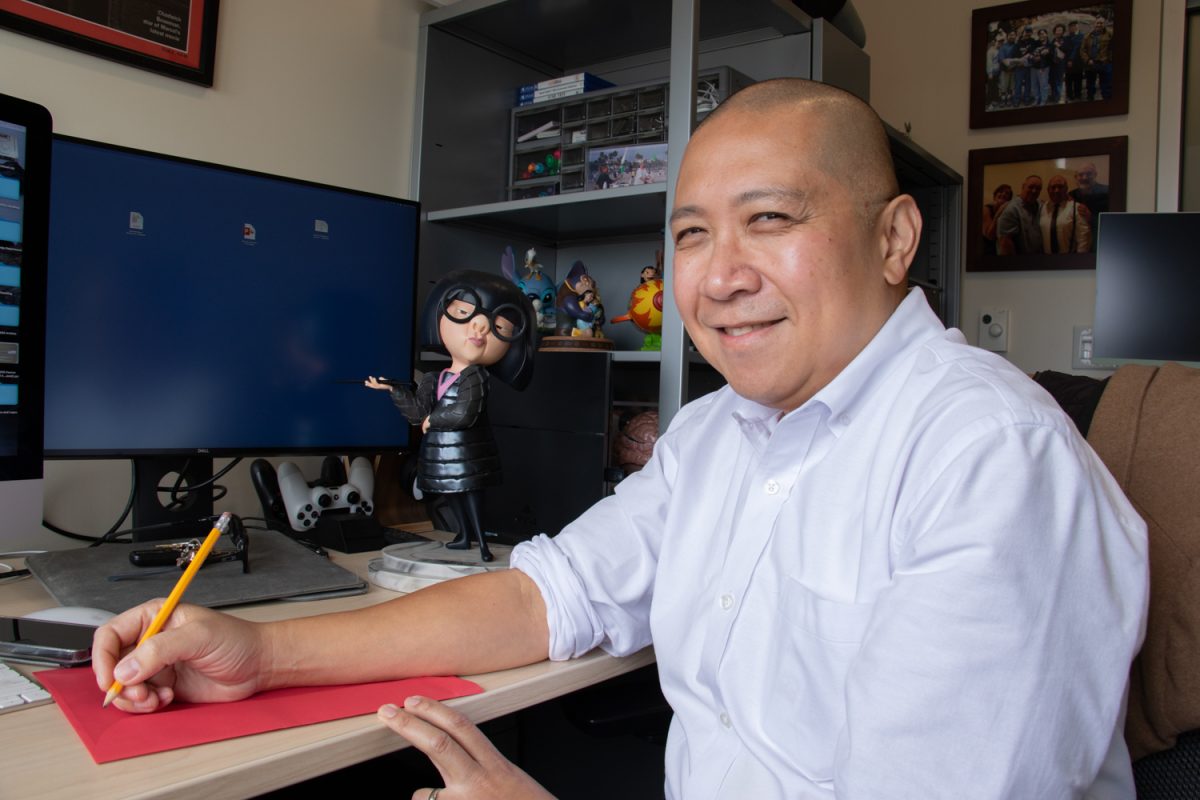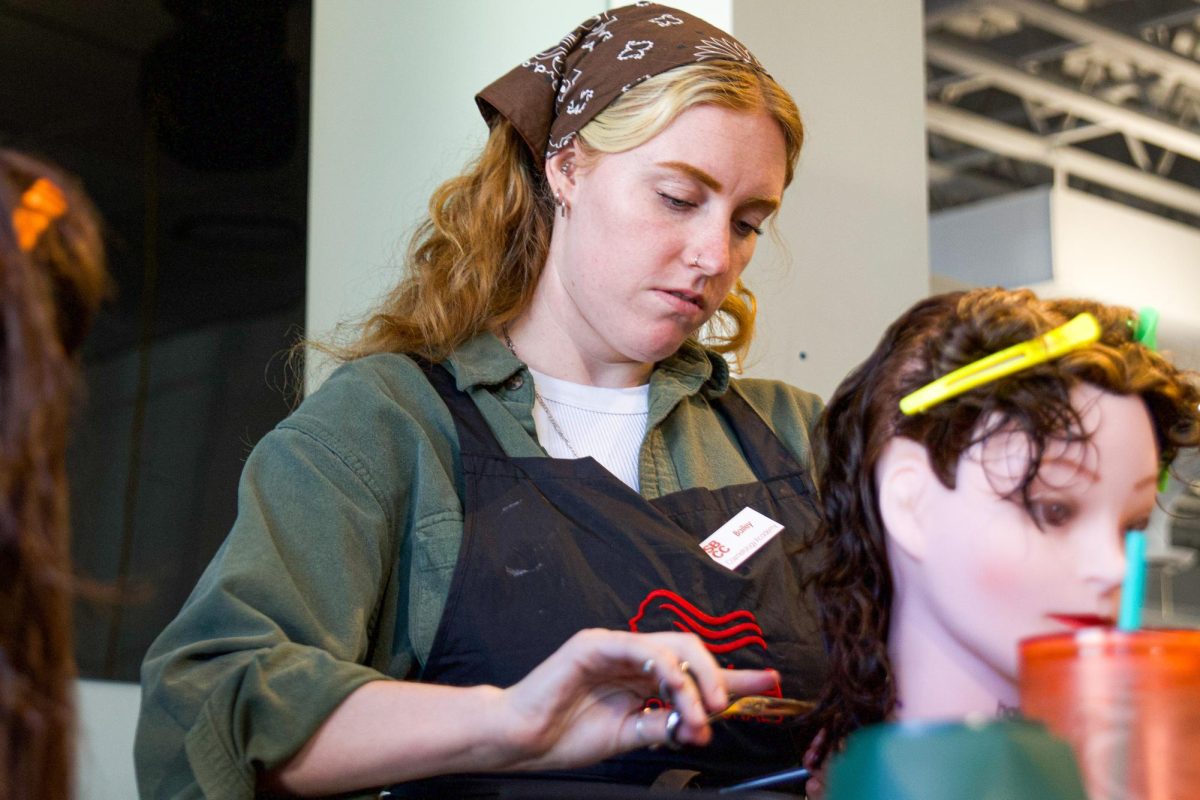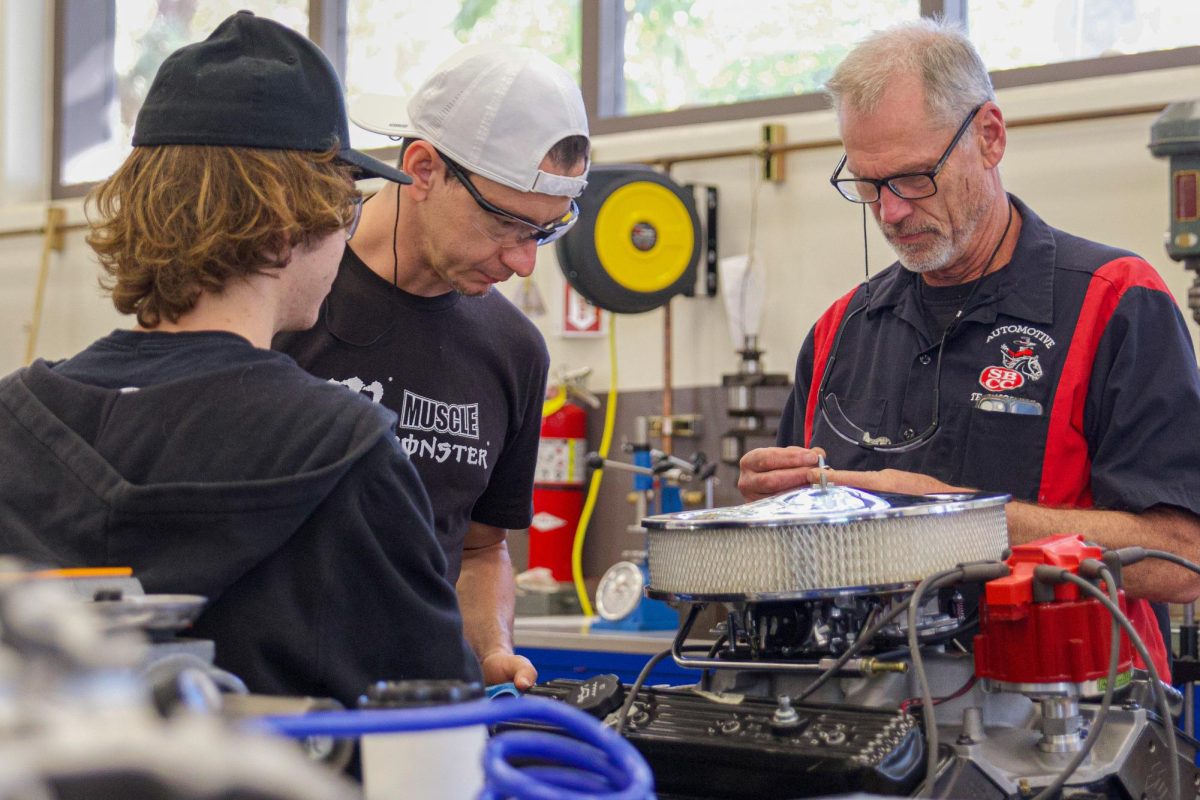Driven by a desire to teach and serve the community, Psychology department chair Joshua Ramirez is preparing to take on the role of President of the City College Academic Senate for the 2024-2025 term. Ramirez will start his tenure on May 19, 2024.
Ramirez has been working in the Psychology Department since 2014 and has worked on many initiatives, such as distance education coordinator and Title V grant project director during his time at City College.
Like many first-generation college students, Ramirez felt lost navigating the large university environment at UC Irvine as a pre-med biology major. Unsure of how to handle large lectures and effective study habits, he initially struggled.
However, a “fundamentals of psychology” course became a turning point for Ramirez. He excelled in the class, so much so that his professor invited him to be a teaching assistant the next term. This experience sparked a passion for teaching and supporting others on their academic journeys.
Discouraged by the limited job market in psychology after graduating with a doctoral degree, Ramirez almost abandoned his passion for teaching. After giving it one last shot, he secured a position at City College, solidifying his desire to teach psychology.
“Teaching at Santa Barbara City College has been a life-changing experience for me,” Ramirez said. “From the moment I stepped onto the Santa Barbara City College campus, it felt like home.”
City College saw Ramirez as a strong candidate to one day lead the psychology department due to his teaching philosophies, expertise in the psychology field, and exceptional interpersonal skills.
“Santa Barbara City College gave me opportunities that I never thought about,” Ramirez explained. “I never thought of myself in a leadership position. My ambition was to teach my classes and to go home being proud of doing the day’s job, but being department chair connected me with other faculty and other opportunities to make a greater impact on campus.”
After struggling to find his own passions and personal academic path, Ramirez wanted the opportunity to help other students who were grappling with the same issues after attending college for the first time.
“My parents were like… psychology? What do you want to do with that?” Ramirez recalled. “But that’s the experience of a lot of students. You might not understand exactly why you want to study, but I believe if you really want to do something, something you love, you will find a way to make it work. For me, teaching is about helping people raise up because we have lots of students who have the potential but may not be encouraged to do so.”
Although hesitant to run for academic president, Ramirez felt the need to step in and volunteer his expertise.
“I don’t know what would have been worse, the idea that I would be taking on this incredible responsibility or that I would have been too afraid to try, ” Ramirez said. “In the end, the latter, being too afraid to try, I think I would have hated that more. I just wanted to prove to myself that I wasn’t trying to avoid this because of being afraid, but instead, I try to reframe it as a learning experience.”
As Academic Senate President, Ramirez hopes to bring his own personal experience and unique identities to City College as an institution.
“From campus to campus, I just don’t see people like me,” Ramirez said. “I am Filipino, my heritage, I’m a gay man as well. In the classroom, those are things that students connect with. People want to see themselves in their teachers, but they also need to see themselves represented as leaders.”
Ramirez strives to make sure both his students and colleagues are being heard and recognized.
“I have seen him do incredible work to help us improve our online teaching to be more culturally responsive,” Explained former academic senate president Kimberly Monda. “He takes the responsibility to make sure things get done but also works to get feedback from others. That takes me back to the perfect qualities. He sets it up to be able to get the feedback and get it finished by accepting responsibility, producing an amazing product, and in between, getting a lot of feedback for it.”
This collaborative approach directly aligns with Ramirez’s leadership philosophy.
“Making sure people know they are being heard is probably the most important thing,” Ramirez said. “I find that recognizing what they bring to meetings or to the classroom, whether they are faculty or students, is the best way to ensure everybody feels like they have the chance to be heard. People want to know that they are being acknowledged when they have something important to say.”














